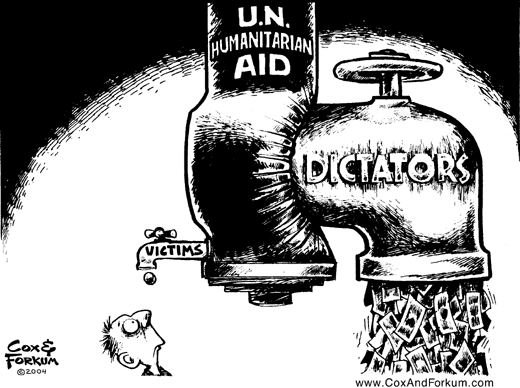Since a person cannot merely "healthcare" whenever they feel like it, and, instead, it takes the presence of professionally trained individuals, or chemists with heavily intellectual backgrounds to have concocted medications, I don't know if I can agree that healthcare ought to be considered a "right." Isn't it more a privilege to find yourself with access to said professionals?
Someone mentioned "eating" analogously - but it is different. At any given moment, you are free to eat whatever you want. You could eat tree-bark, insects, grass, road-kill, etc. So, you can "eat" whenever you feel like it, and you don't necessarily have to source what you eat by the grace of others. You don't, however, have a "right" to raid your neighbors farm field to get a hold of some of his choice crops because you are tired of eating bark/insects/grass/road-kill.
Applying that analogy, all you really have a fundamental "right" to is to try and patch yourself up. Otherwise, you are at the mercy of others. The law can attempt to force them to help you... but that takes it out of the realm of "fundamental." In other words, you have to take from others to receive comprehensive "healthcare," to demand that without providing compensation is basically akin to sneaking onto your neighbor's farm for those crops.

